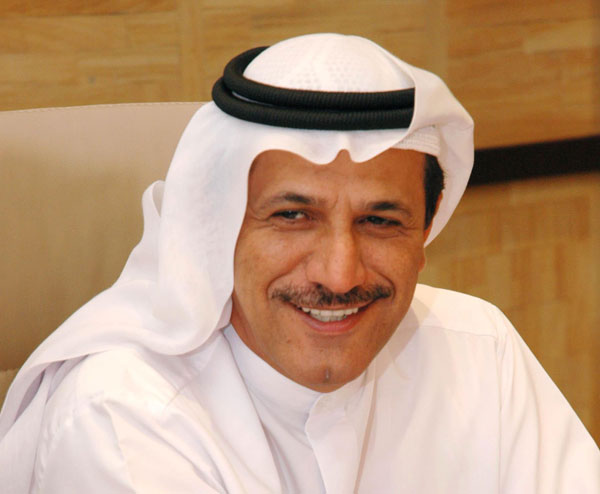'Green' Buildings top ISO's Dubai agenda.
 Other News
Other News Subscribe to newsletter
Subscribe to newsletter
| 2 Oct 2008 |
How to reduce the environmental footprint caused by the UAE’s booming real estate market will be a prime focus of discussion at the 31st General Assembly of the International Standards Organisation.
Dubai is already implementing mandatory requirements for all new buildings to abide to the Leadership in Energy and Environmental Design (LEED) Green Building Rating System, the internationally accepted benchmark for the design, construction, and operation of high performance green buildings.
And Abu Dhabi is in the process of setting up a green buildings code in response to the multiplicity of demands imposed on new commercial, governmental, or residential buildings to be resistant to fire and flood, natural disasters, and terrorist attacks – as well being energy efficient.
Dealing with regional changes in legislation affecting construction and buildings, the ISO General Assembly which will take place October 12-17 in Dubai will examine global standardisation to support the incorporation of new technologies for sustainable buildings of the future.
Topics scheduled for discussion include intelligent buildings, earthquake resistant buildings, security in high-rise properties, and standards for accessibility of buildings and public places.

HE Eng Sultan Bin Saeed AlMansoori, UAE Minister of Economy and Chairman of ESMA.
The Keynote Address will be delivered by Mrs. Louise Cox, President of the International Union of Architects and panelists include Professor Jun Kanda from the Department of Socio-Cultural Environmental Studies, University of Tokyo; Greg Sang, Director of Projects, Emaar Properties, Dubai and Khaled Awad , Director, Property Development Unit, Abu Dhabi Future Energy Company.
The Open Session ISO Dubai 2008 will discuss the principles for sustainability and how can they be translated into buildings to optimise energy efficiency, safety, security, communication and sheer comfort and convenience – as well as being as accessible as possible to people regardless of age or capacities, a feature that may increasingly be required of the construction industry as a component of social responsibility.
“International Standards, supporting energy efficiency, environmental performance, environmental impact of building products, and accounting and verification of greenhouse gas emissions, provide a firm foundation for designers, architects, engineers, owners, facility managers and government authorities to develop and operate sustainable buildings,” said H.E. Eng. Sultan Bin Saeed AlMansoori, UAE Minister of Economy and Chairman of ESMA.
“With the globalisation of trade, enterprises and professionals from many different countries, accustomed to differing national or regional building codes, must increasingly work together on major construction projects.
“In such circumstances, globally relevant standards based on international consensus among experts in the relevant field can guide cooperation and harmonise practice, thus promoting efficiency and safety, while avoiding unnecessary technical barriers to trade.
“The ultimate goal is to convert the UAE from a technology-importer to a technology-exporter.”
The UAE is already leading the way to environmental efficiency with several ground-breaking projects.
Masdar City will be the world's first carbon-neutral city when completed in 2013, housing 50,000 people in close vicinity to their workplaces, educational facilities and light industries.
It will be characterised by emission free energy supplies, mainly from solar power, modern ecological architecture with a good passive energy balance and high energy-efficiency, extensive recycling of waste, and a modern system of public transport.
Masdar City will also reduce desalinated water consumption by 80 per cent by using re-purification techniques and domestic wastewater for irrigation.
In Dubai, the Lighthouse Tower at the Dubai International Financial Centre (DIFC) is planned to cut conventional energy consumption in the building by 65 per cent by using solar and wind power.
Mirdiff City Centre is also being built in line with environmental standards and is described as the region’s first “ecologically friendly shopping centre”.
The project adheres to LEED standards from design to construction stage to make the building as sustainable as possible.




